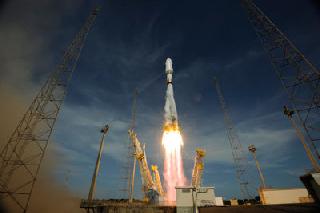
Soyuz lifts off for the third time from Europe's Spaceport in French Guiana on its mission to place the second pair of Galileo In-Orbit Validation satellites into orbit. Photo: ESA - S. Corvaja, 2012.
KOUROU, FRENCH GUIANA (AFP): A Soyuz rocket has launched two Galileo satellites into orbit, marking a crucial step for Europe's planned navigation system, operator Arianespace announced.
The launch took place, Friday at the Kourou space base in French Guiana, at 3:15 pm (1815 GMT).
Three and three quarter hours later, the 700 kilogram satellites were placed into orbit.
The new satellites add to the first two in the Galileo navigation system, which were hoisted aloft on October 21, 2011.
Together they create a "mini-constellation." Four is the minimum number of satellites needed to gain a navigational fix on the ground, using signals from the satellite to get a position for latitude, longitude, altitude and a time reference.
Galileo will ultimately consist of 30 satellites, six more than the US Global Positioning System (GPS).
By 2015, 18 satellites should be in place, which is sufficient for launching services to the public, followed by the rest in 2020, according to ESA.
The system claims it will be accurate to within a metre (3.25 feet). The GPS, which became operational in 1995 and is being upgraded, is currently accurate to between three and eight metres (10 and 26 feet).
In May, the European Commission said the cost by 2015 would be five billion euros (USD 6.45 billion).
As a medium-sized launcher, Soyuz complements Europe's heavyweight Ariane 5 and lightweight Vega rockets.
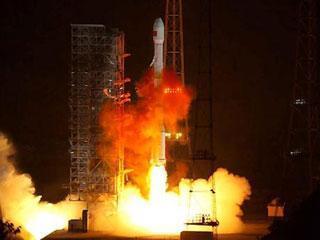 Next Article
Next Article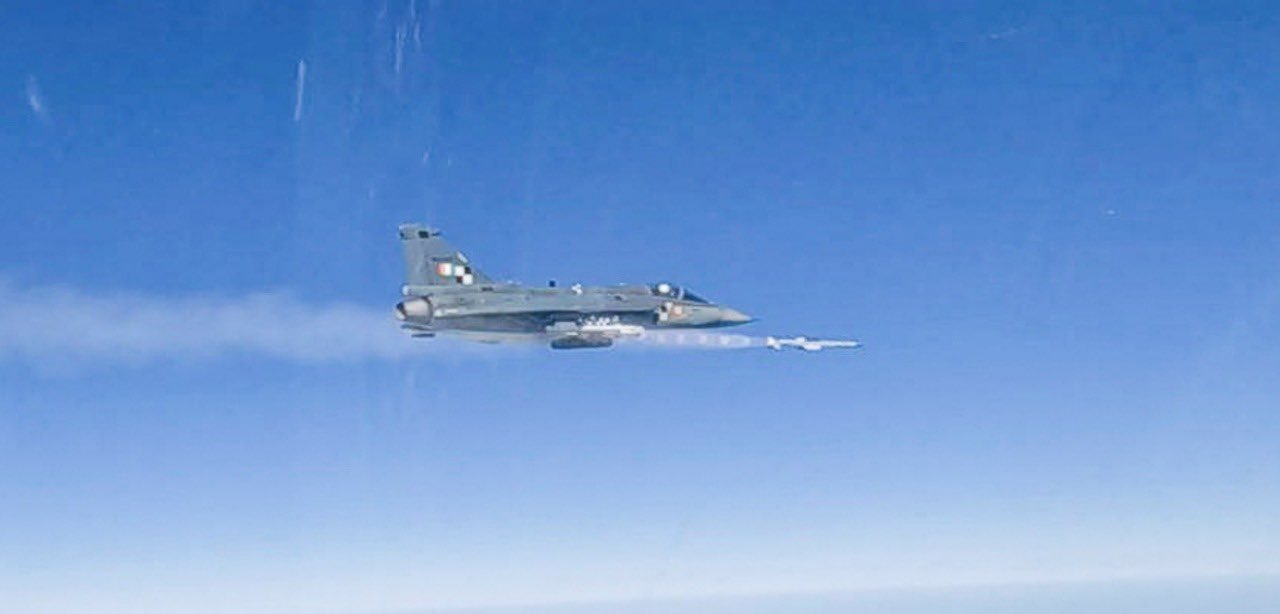
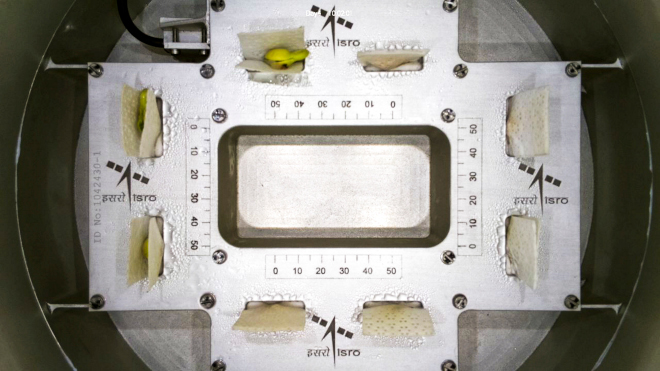




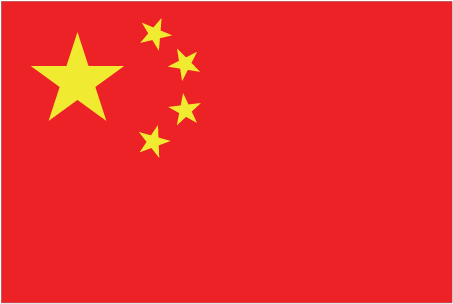





The Indian Air Force, in its flight trials evaluation report submitted before the Defence Ministry l..
view articleAn insight into the Medium Multi-Role Combat Aircraft competition...
view articleSky enthusiasts can now spot the International Space Station (ISS) commanded by Indian-American astr..
view article